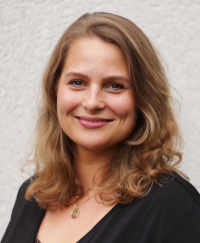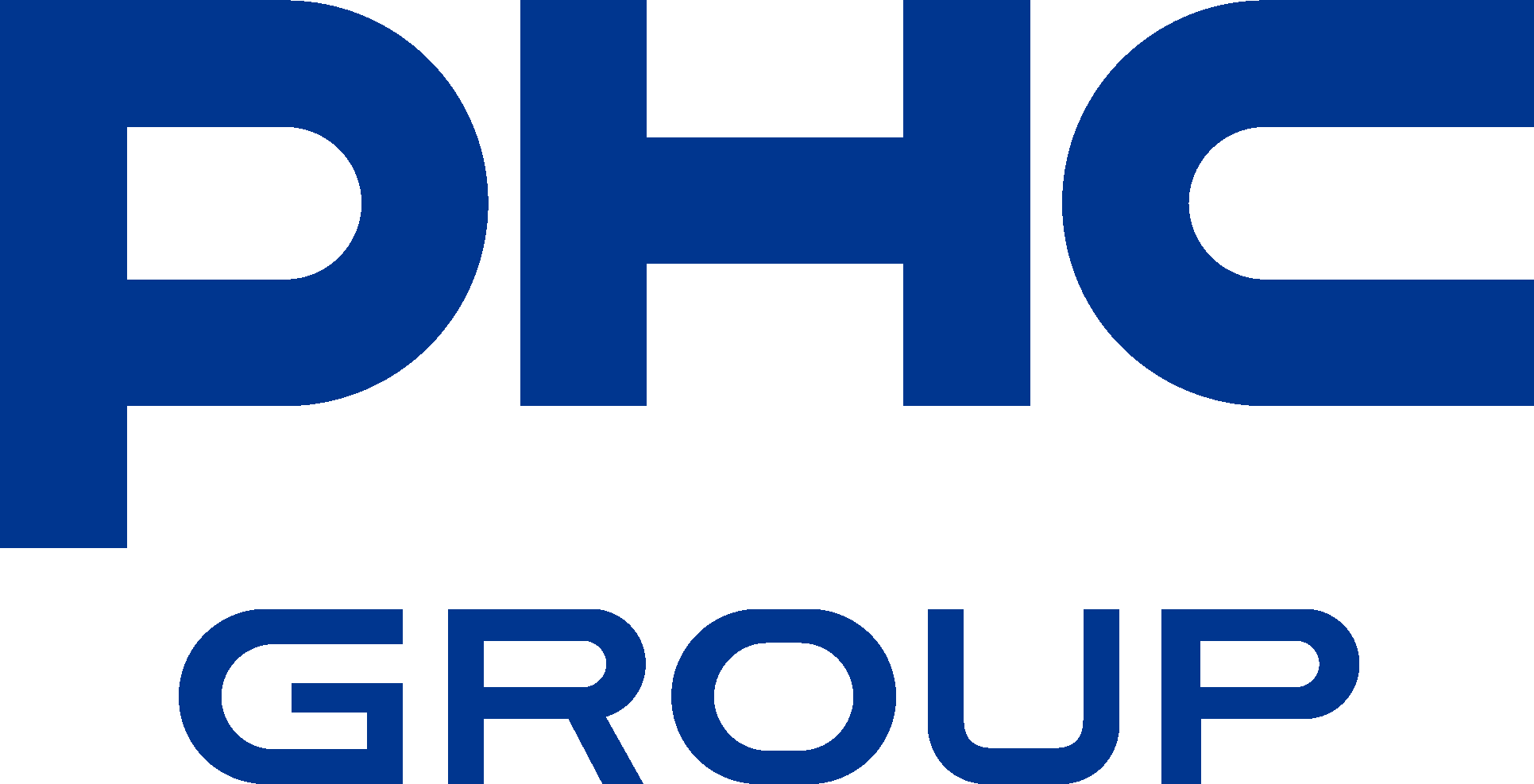The Editorial Board of the Ascensia Global Blog has always seen its conference reporting as a way of making diabetes congresses and events more accessible to a wider audience. In my opinion, that’s a hugely important task. Attending diabetes conferences has always been a strange experience for me. I live with diabetes. So these conferences should kind of be about me. It should feel natural for me to be there, right? And yet, I don’t always feel welcome. In fact, there are laws in place that prevent certain people who are there from even just talking to me. And there are certainly mindsets in place that prevent people from wanting me there and making sure I know it.
But all this is changing. #NothingAboutUsWithoutUs may not be accepted by everyone in the diabetes scene yet, but more and more people are getting on board. #docday° has always been a brilliant example of that, but this year even more so!
#dedoc°, an international network of diabetes advocates founded in Berlin, Germany, has been organizing #docday° since 2015. It initially started as an improvised get-together of diabetes bloggers in a small co-working café in Stockholm. Today, it’s an impressive place for diabetes advocates, patient representatives and other opinion leaders from the DOC to meet, exchange ideas, discuss projects, build networks and collaborate with HCPs, researchers and industry alike. The latest #docday° took place in early June during the same week as ATTD 2021. It was fully virtual and open to everyone via livestream.
I’ve attended many times and each time I leave the event inspired and a bit proud of how far the diabetes online community has come. This time was no different and I’m happy to tell you why. Apart from the incredible audience and speakers, I found two things that were especially significant about this #docday°:
1. A virtual room packed with #dedoc° voices!
Another #dedoc° project is the #dedoc° voices scholarship program. It grants diabetes advocates access to conferences like ATTD or EASD, and encourages them to pay it forward by sharing their learnings from scientific sessions, industry symposia and networking events with the community. It is actually similar to what the Ascensia blog has been trying to achieve, by making what is presented at the events more accessible, but is doing it in a different way. Attending conferences like these, including travel and accommodation, is costly and because the program was built on a limited budget, these scholarships were previously granted mostly to PWDs living within Europe. But since the conferences in question are currently all fully virtual, #dedoc° voices has now been transformed into a fully virtual program that includes people from all across the globe. The importance of this cannot be overstated and it was great to see advocates not only from Europe, but from entirely different parts of the world, like Saudi Arabia, Pakistan and Zimbabwe. Hearing more voices from diverse backgrounds can only improve the diabetes community and help us understand what is needed in diabetes care across the world.
2. A very warm welcome!
As I mentioned earlier, us diabetes advocates have not always gotten the warmest of welcomes at diabetes conferences. So having Professor Tadej Battelino, chairperson of ATTD, not only attend, but give the opening remarks at this event, that is run by and for PWDs, was a huge deal. As a speaker myself, I found myself with him and all the other speakers in a sort of virtual backstage room where we were nervously chit-chatting before the event started. Most of us there were people with diabetes and more than one of us mentioned that they were scared of experiencing hypoglycemia during their presentation. When Prof. Battelino started his speech, he referred to this chat and mentioned how it reminded him of “how different the world is with diabetes”. And this is exactly what #docday° is about: Real life perspectives from people living with diabetes. Amplifying these voices is of vital importance. That’s exactly why he decided to support the #dedoc° voices program by granting scholarship tickets to ATTD and why he agreed to speak to the participants at #docday°. He urged everyone in attendance to be courageous when attending these events, to speak up or tweet loudly and boldly: Because we belong there!
#docday°: The Highlights
But now onto the speakers and the agenda of the event itself: Everyone can speak at #docday°. All you need to do is contact the #dedoc° team and let them know the advocacy work you want to share. The result is an awe-inspiring showreel of dedication and commitment. I won’t mention all the speakers and presentations, because I don’t have to: You can watch the entire event here https://www.youtube.com/watch?v=45fqzYqZuV4 at your leisure.
But I do want to share some personal highlights that stuck with me:
- Maartje Roskamps from Belgium shared her experience with COVID-19. Knowing Maartje, and particularly knowing that she is a seasoned athlete, it was particularly astonishing how hard she was hit by the virus. It was a good reminder (not that I needed one personally) that the pandemic is far from over, the virus is very dangerous and that everyone needs and deserves protection from it.
- This fact is particularly obvious in the case of India. Nupur Lalvani, Snehal Nandagawli and Rohan Arora from the Blue Circle Foundation shared an update on the current situation there and presented the work they are doing with their nonprofit organization to raise awareness, ensure empowerment of PWDs and provide community support.
- From neighboring Pakistan, Sadia Arshad talked about her astounding work at Meethi Zindagi which is all about empowerment of women with diabetes.
- Tinotenda Dzikiti shared his advocacy efforts in Zimbabwe that aim to improve access to adequate healthcare and education in diabetes.
- Sara Mobäck from Sweden talked about her life with an eating disorder, which PWDs have a significantly increased risk of developing. She advocated for diabetes management to routinely review mental health and quality of life, in addition to medical results such as HbA1c and time in range.
These were just a few highlights, so if you want to learn more about the work that all these incredible advocates from across the globe do, make sure to watch the full event at the video below:
Although I do miss face-to-face events to meet and the opportunity to HUG other advocates and PWDs, #docday° is a stellar example of how impactful online events can be. I for one can’t wait for the next #docday° in Autumn and I hope to see many of you there!



